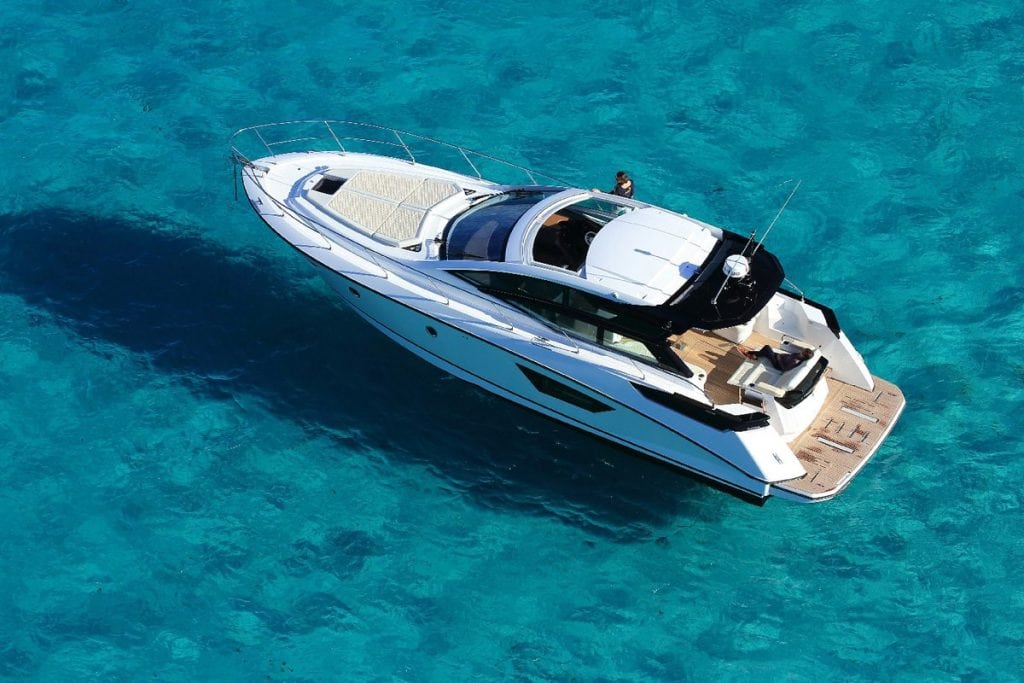The State of Luxury Yacht Rentals and Sharing Schemes

Skift Take
Breaking open the yacht rental market with a sharing platform is a difficult endeavor given the challenges of operating a digital business within the luxury sector as well as the nuances and securities needed for an experience as hands-on as yachting.
The growth of social media has made extravagant weekends at sea in Croatia and Ibiza appear attainable and a number of peer-to-peer operators are capitalizing on the opportunity to prove renting a yacht is actually a surprisingly easy thing to do.
The global yacht industry experienced steady growth between 15 percent and 20 percent year-over-year since 2015, according to the National Marine Manufacturers Association, with an improving economy, expanding segment of high net-worth consumers, and flourishing tourism industry all playing a role.
Applying the peer-to-peer model to a luxury industry, however, comes with a unique set of opportunities and challenges compared to the broader sharing economy.
BoatBound was among one of the first to build an “Airbnb for boating,” launching in early 2013, with enthusiastic response. After four years of growth, boat sharing platform Boatsetter bought BoatBound in 2017 as part of the former’s consolidation strategy.
Today Boatsetter connects boat owners, licensed
